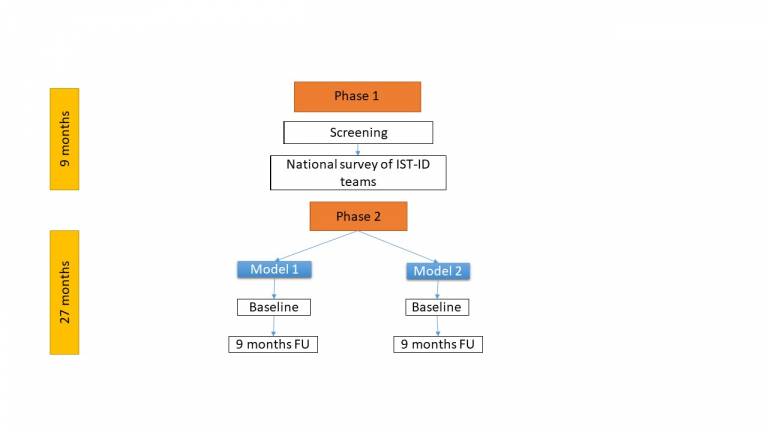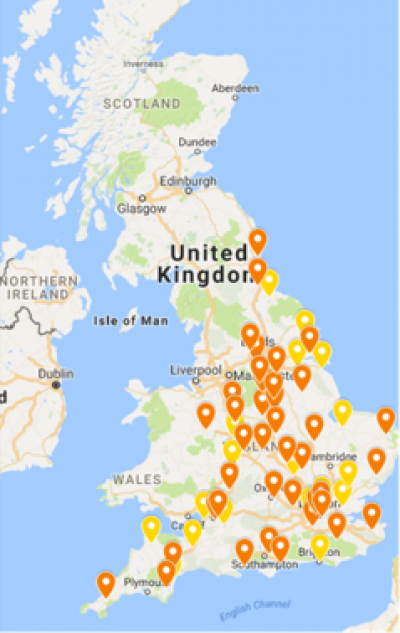
Background
About 17% of people with intellectual disabilities (ID) living in the community have challenging behaviour such as aggression to others or property, self-injury or hyperactivity. There are concerns that adults with ID and challenging behaviour over-use medication, spend large periods of time in hospital, and miss out on living in the community. Hospital care is expensive, and costs are increasing.
NHS England has produced draft guidance about Intensive Support Teams (ISTs) proposing that they should be part of all community ID services in England.
ISTs are specialist services for adults with LD and challenging behaviour, which aim to support individuals through interventions such as positive behaviour support and other psychosocial approaches, to promote recovery, leading to reduction in severity and frequency of CB and preventing restrictions of liberties such as inpatient admissions.
However, there is currently very little evidence about how effective ISTs are. The people who pay for Health and Social Care services (commissioners) would like more information, and this project aims to provide this.
The project
The project consists of two phases:
Stage 1: The first stage has been completed. This consisted of a national survey conducted to find out about how many, and what type of ISTs exist in England, by asking service managers about their service, their staff, and the work they do. With this information we identified two models of ISTs which we are comparing in Stage 2. The map below shows the Englsnd ISTs grouped by model.

Stage 2: We are looking at twenty one services (Model 1: 11 services - Model 2: 10 services) to compare how they work with people with ID and other local services. We are collecting data twice over 9 months to see which model works best. We will also carry out interviews with people who use ISTs, family and paid carers, and referrers to ISTs to find out about their experiences of these services, and how happy they are with them.
Dissemination
We will tell people about our results at conferences and in academic and services journals. We will ask our group of involved service-users and family carers to guide us, and help us tell other people about the results. We have a team of clinicians and academics who are experts in all aspects of the research, e.g. statistics, ID, service evaluations, and in running ISTs. We will follow research rules and recommendations to make sure we carry out safe, ethical and rigorous research.
 Close
Close

